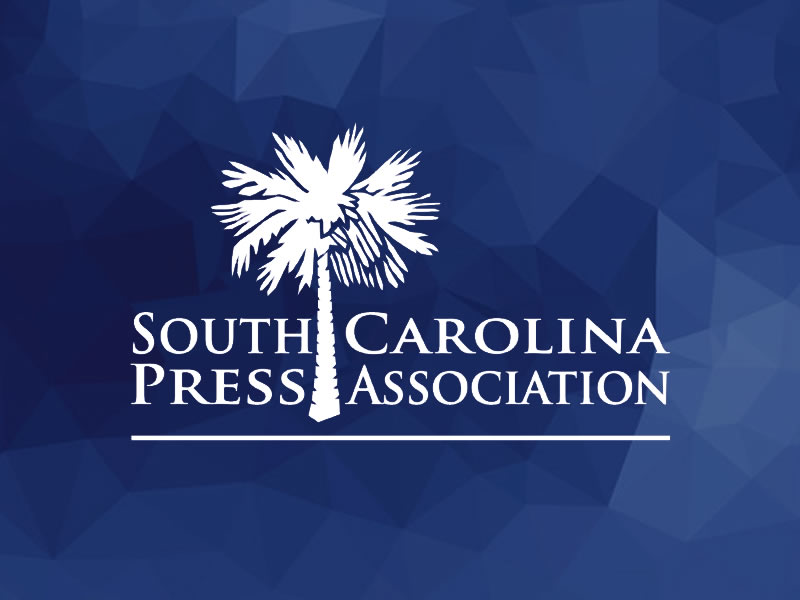Alabama: 9 percent reduction
Georgia: 8 percent reduction
Louisiana: 7.1 percent reduction
Mississippi: 5 percent reduction
“At the same time demand for public library services are skyrocketing, the funding needed to maintain these services is in jeopardy in many states,” said ALA President Jim Rettig. “Unfortunately, declines in state funding often are compounded by reductions at the local level, creating a snowball effect that threatens library staffing, hours open to the public, collection development and technology maintenance.
“Libraries are part of the solution when a community is struggling economically – assisting the unemployed with jobs searches and filing unemployment benefits, helping the unskilled learn to use a computer, providing homework help and access to e-government services,” Rettig added. “Now is the time to call members of Congress and make sure libraries are included in the American Recovery and Reinvestment Act.” For more information on programs included in the Act that can benefit libraries, please visit the ALA District Dispatch at http://www.wo.ala.org/districtdispatch/.
Ohio and Hawaii, which provide the greatest proportion of state funding to public libraries per capita in the United States, also are reporting or anticipating declining state funds. Hawaii reported a 7 percent decline in state funding in FY09 and anticipates additional reductions. As state revenues plummet in Ohio, libraries in the state are bracing for the impact on their budgets as state funding for public libraries constitutes 2.22 percent of the state general revenue. Nationally, state funding makes up about 9 percent of overall public library funding. In Ohio, it provides 62.1 percent, and in Hawaii it makes up 86.7 percent of overall funding.
Other states reporting funding declines in FY09 include: Delaware, Iowa, Kansas, Kentucky, Maryland, Massachusetts, Nevada, New Hampshire, New Jersey, North Carolina, Pennsylvania, Tennessee and Utah. Six states and the District of Columbia (14 percent) reported they do not provide state aid to public libraries, and 15 states (31 percent) reported they have received no reductions in FY09.
Eight percent of states anticipate, but have not yet received, a decrease in state funding for public libraries, and another six percent responded they do not know if there will be a reduction in the current fiscal year.
Budget questions were one part of the overall survey to COSLA members. The response rate to these questions was 96 percent, and the overall survey response rate was 90 percent of states and the District of Columbia. For additional information, please visit http://www.ala.org/ala/aboutala/offices/ors/plftas/FY09statefunding.cfm.
The survey was conducted as part of the Public Library Funding & Technology Access Study. The study assesses public access to computers, the Internet and Internet-related services in U.S. public libraries, and the impact of library funding changes on connectivity, technology deployment and sustainability. The 2007-2008 and 2006-2007 studies are available online at www.ala.org/plinternetfunding.


